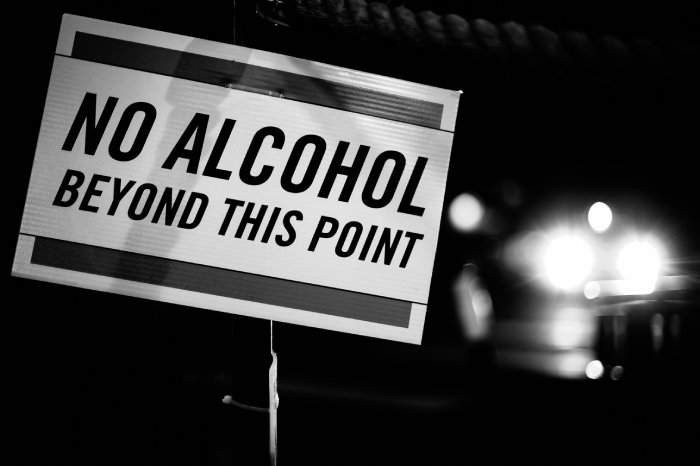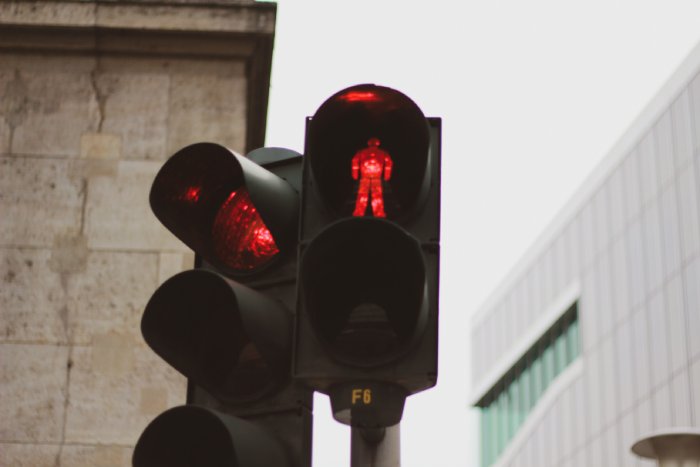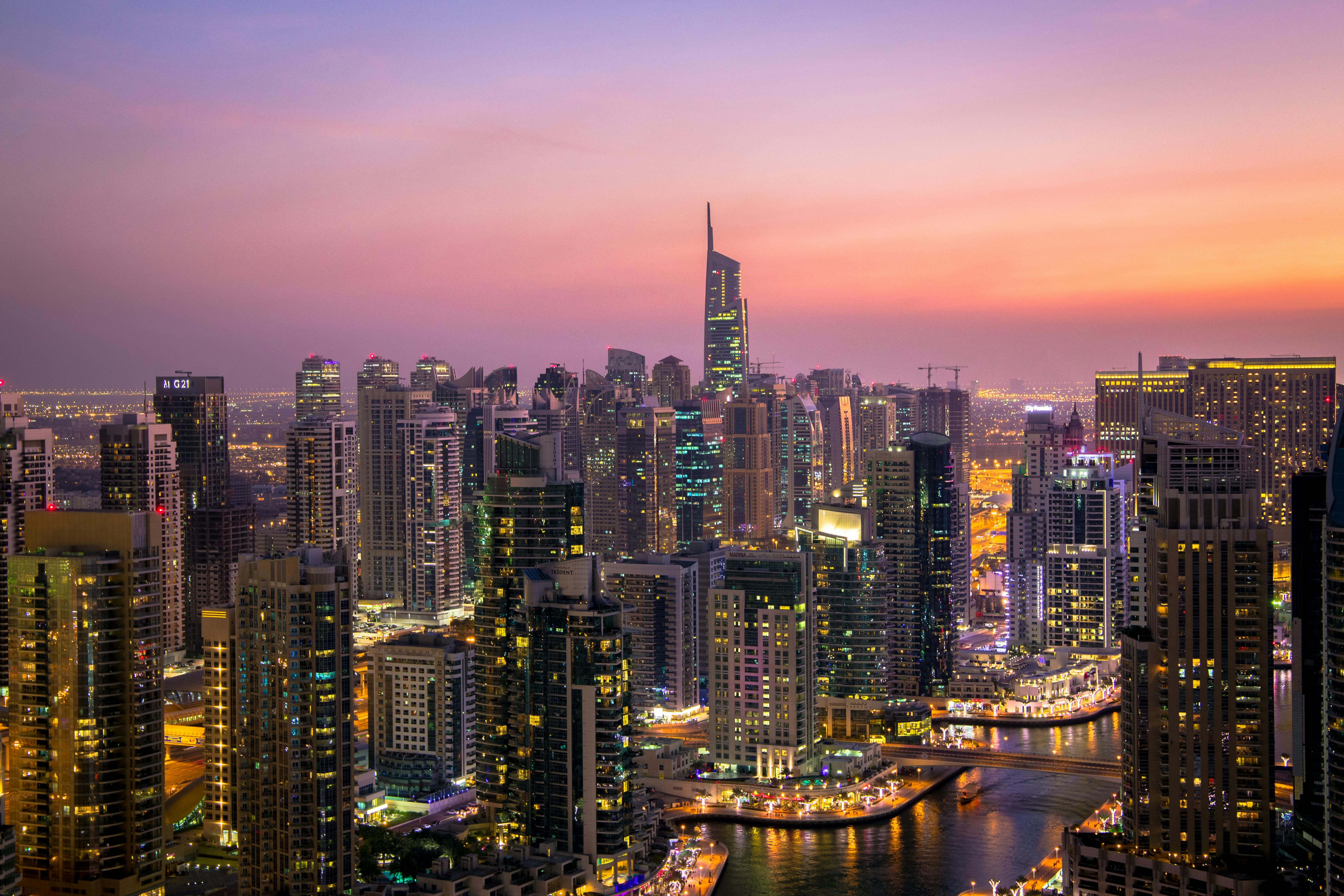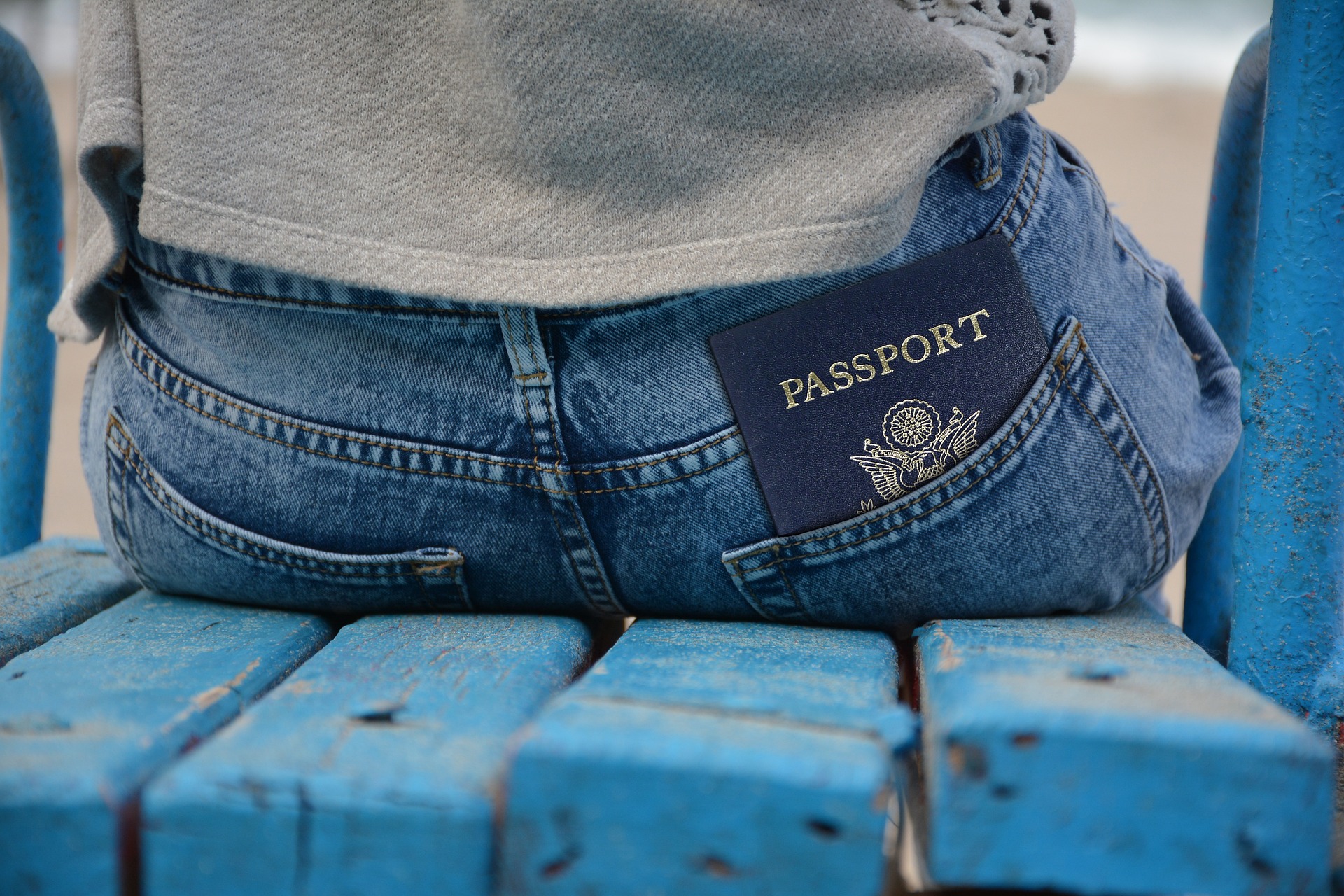One of the biggest mistakes travelers make is assuming that what’s permissible in their home country applies to wherever they travel. “Not so,” said Dan Richards, CEO of The Global Rescue Companies. Which is why having some knowledge of your destination’s laws is critical before traveling.”
We’ve written about several unusual things that are illegal in parts of the world including wearing camouflage attire in the Caribbean, chewing gum in Singapore, and swearing in public in the U.A.E. – all of which are prohibited, respectively. Here are a few more unique laws that, while potentially surprising, are important to know.
[Related Reading: 6 Examples of Illegal Items and Actions When Traveling the World]
Rx and OTC Drugs
Many prescription medications and even over-the-counter drugs are illegal in various countries. A few examples: Ambien (particularly in Nigeria and Singapore), pain medications containing tramadol or codeine, attention-deficit drugs, as well as psychiatric or opiate medicines. In Japan and Greece, Sudafed and Vicks are also illegal.
Medical marijuana is legal in 38 U.S. states and the District of Columbia. Recreational marijuana use is legal in 23 states plus D.C. But marijuana is illegal for use in more than 100 countries including Fiji, the Bahamas, Monaco, Iceland, Indonesia, Hong Kong, Tanzania and Taiwan to name just a few.
WNBA star Brittney Griner’s arrest and conviction in Russia for possession of medical cannabis oil is a critical lesson for all international travelers to learn. International travelers who run afoul of the law may receive a stern warning or the item could be confiscated. At worst, officials can fine you, arrest you, expel you and even jail you, as was the case for Griner.
Travelers should carefully research the laws around their required medicine in countries they plan to visit and consult medical guidance on substitute medications. Even if a medicine is legal, travelers should always keep it in the original container and have a copy of a prescription.
Surfside Souvenirs and Seated Infractions
Maybe you’ve got some time during the day to visit a local beach if your work brings you to a coastal city, or perhaps you’re one of the millions of business travelers who take advantage of a little bleisure travel to bookend your trip. If you find yourself in Sardinia, Italy’s second-largest island, nice work! Just don’t scoop up any of the island’s white beach sand, colorful shells or polished quartz stones. It’s illegal. Under Italian law, trading sand, pebbles and shells is illegal and punishable with fines of up to €3,000 ($3,148 or £2,750). Pierluigi Cocco, Sardinian resident and environmental scientist, said one of the threats to the beaches is tourists absconding with these natural resources.
Or maybe your work takes you to another part of Italy, Venice. You’ve been walking along the narrow streets and gondolier-filled canals for several hours on your day off. You’re tired and you need to sit down. Completely understandable, just be careful where you sit if you’re at certain locations of St. Mark’s Square, including at the Piazzetta San Marco entryway. According to officials, it’s a finable offense Why? It’s an effort to reduce crowding. You can also be fined for going topless, feeding the pigeons, riding a bike, swimming in the canals and littering.

Drinking
Thinking of enjoying a cocktail made with the popular Dutch gin Jenever on a sunny sidewalk in The Netherlands? Think again. The consumption of alcohol is prohibited in the majority of public places in Amsterdam.
Traveling to Middle East countries like Lebanon, Syria, Jordan and Tunisia? They have no alcohol restrictions, and it’s available in restaurants, bars and shops. Alcohol is prohibited, however, in Libya, Somalia, Sudan and Yemen – all of which are “do not travel – level 4” destinations.

Right on Red and Phones While Driving
Turning right on red in the U.S. is overwhelmingly legal, except in NY City where it’s only allowed at certain intersections. If you’re driving during your trip abroad, however, many countries have banned “right on red” nationwide. For example, a right turn on red is generally not allowed in Europe, except where signage indicates otherwise.
And while we’re on the subject of driving yourself, be aware of smartphone use. While it’s against the law in the U.S., it’s rarely enforced compared to the U.K. where phone use while driving is taboo, according to Travel of Path. “Police are extremely vigilant when enforcing the law and can pull a vehicle over if they suspect a phone may have been used in any manner. The penalties can be huge and are set to get even stricter this year.
[Related Reading: Where Is Your Satellite Phone Illegal?]
Learn and Obey Local Laws
“The U.S. Department of State’s travel information web page for overseas travel advice explains you are subject to local laws while abroad,” said Harding Bush, a former Navy SEAL and Global Rescue’s senior manager of Security Operations. “You are bound by those laws. You can’t just say, ‘Oops, I didn’t know.’ Ignorance is not an excuse.”
Members can access destination reports in their Global Rescue app, the best place to start your research regarding the rules and laws of a country. Maintained by our travel intelligence analysts, these current reports cover 215 countries and territories, and are always accessible.









